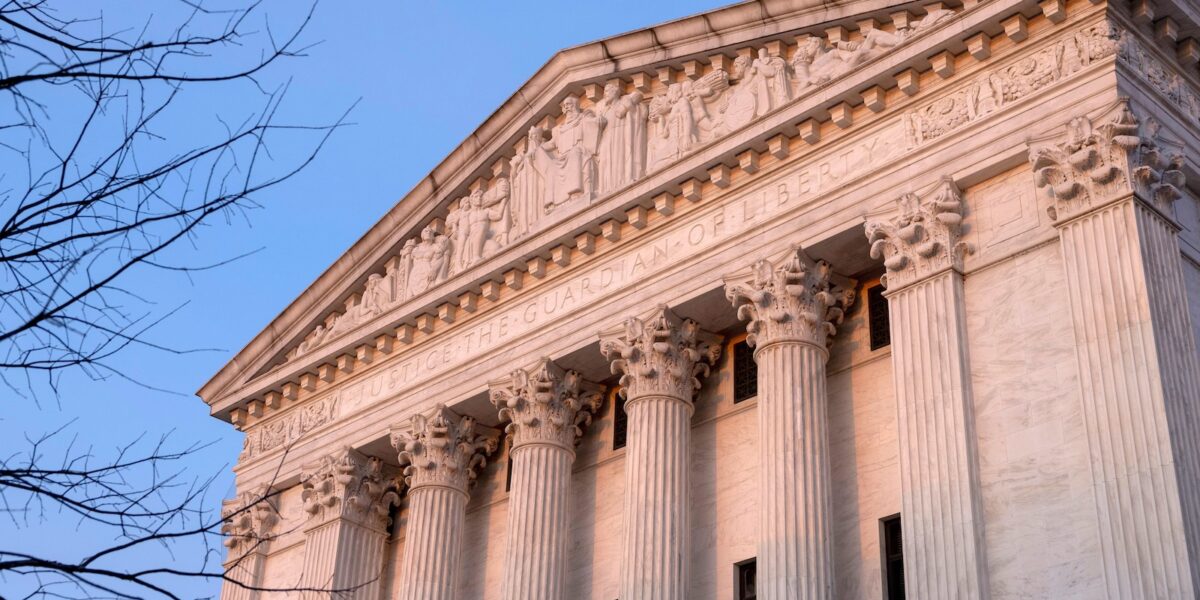WASHINGTON — The Supreme Court on Monday allowed a lawsuit to go forward against a Black Lives Matter activist who led a protest in Louisiana in which a police officer was injured. Civil rights groups and free speech advocates have warned that the suit threatens the right to protest.
The justices rejected an appeal from DeRay Mckesson in a case that stems from a 2016 protest over the police killing of a Black man in Baton Rouge.
At an earlier stage of the case, the high court noted that the issue was “fraught with implications for First Amendment rights.”
The justices did not explain their action Monday, but Justice Sonia Sotomayor wrote a brief opinion that said lower courts should not read too much into it.
The court’s “denial today expresses no view about the merits of Mckesson’s claim,” Sotomayor wrote.
At the protest in Baton Rouge, the officer was hit by a “rock-like” object thrown by an unidentified protester, but he sued Mckesson in his role as the protest organizer.
A federal judge threw out the lawsuit in 2017, but a panel of the 5th U.S. Circuit Court of Appeals ruled 2-1 that the officer should be able to argue that Mckesson didn’t exercise reasonable care in leading protesters onto a highway, setting up a police confrontation in which the officer, identified in court papers only as John Doe, was injured.
In dissent, Judge Don Willett wrote, “He deserves justice. Unquestionably, Officer Doe can sue the rock-thrower. But I disagree that he can sue Mckesson as the protest leader.”
If allowed to stand, the decision to allow the suit to proceed would discourage people from protesting, the American Civil Liberties Union wrote, representing Mckesson.
“Given the prospect that some individual protest participant might engage in law-breaking, only the most intrepid citizens would exercise their rights if doing so risked personal liability for third-parties’ wrongdoing,” the ACLU told the court.
Lawyers for the officer had urged the court to turn away the appeal, noting that the protest illegally blocked the highway and that Mckesson did nothing to dissuade the violence that took place.


